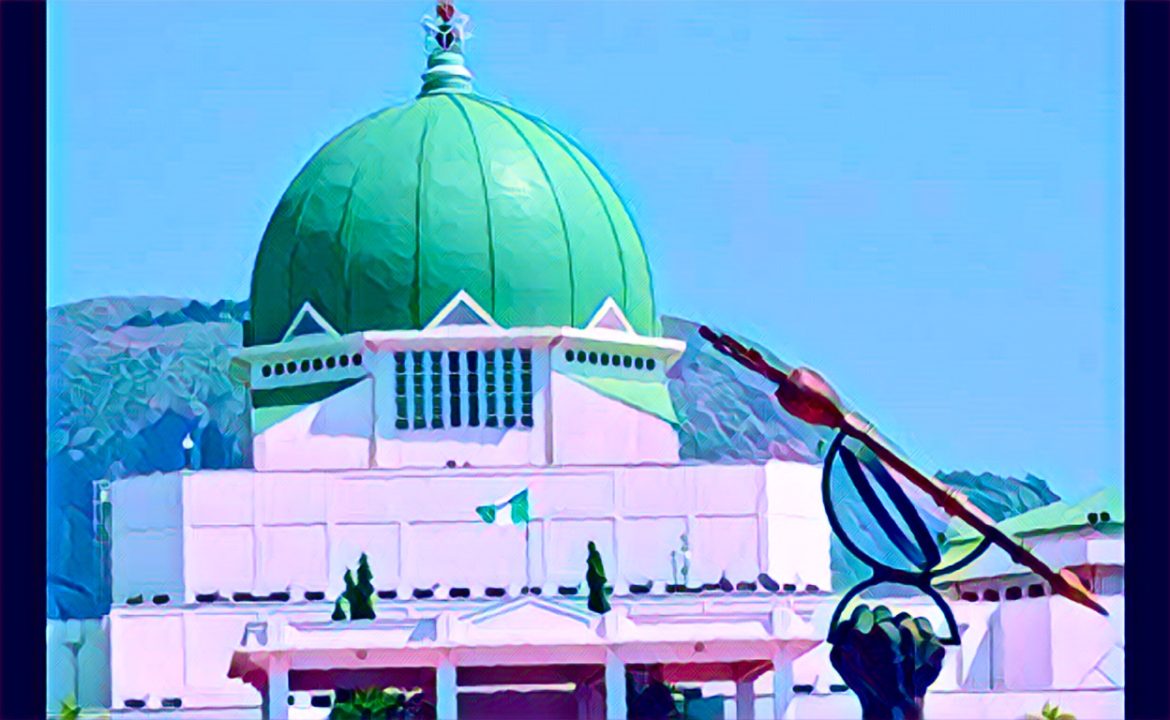KEY POINTS
- Nigeria’s debt hits ₦138 trillion as lawmakers approve more loans.
- Experts criticize lawmakers for failing to scrutinize executive requests.
- Citizens are urged to demand accountability from their representatives.
The National Assembly is under fire for swiftly approving loan requests from President Bola Tinubu, raising concerns about Nigeria’s growing debt burden. Barely 48 hours after Tinubu submitted a $2.2 billion (₦1.767 trillion) loan request, the House of Representatives and Senate approved it. This adds to Nigeria’s debt, which climbed to ₦138 trillion in November 2024 from ₦134 trillion in June.
Experts warn that unchecked borrowing without scrutiny risks placing the country in financial jeopardy. Critics argue that lawmakers have failed to evaluate the necessity and impact of these loans on Nigeria’s economy and citizens.
Experts demand accountability for unchecked loan approvals
Acccording to a report by The Punch, prominent voices, including Civil Society Legislative Advocacy Centre Executive Director Auwal Rafsanjani, slammed lawmakers for acting as a “rubber stamp” for the executive. He emphasized that the National Assembly’s role is to scrutinize and ensure proper use of loans, not merely to approve them.
Legal practitioner Victor Opatola highlighted the constitutional duty of the legislature to evaluate the necessity of loans. “Lawmakers must assess how previous loans were utilized before approving new ones,” he said. Similarly, economist Sheriffdeen Tella questioned the effectiveness of past loans, urging lawmakers to ensure that future borrowing benefits Nigerians.
Citizens urged to hold lawmakers accountable for debt crisis
Rights activist Ebun-Olu Adegboruwa called on Nigerians to demand accountability from their representatives, warning that the unchecked approval of loans burdens future generations. He criticized lawmakers for prioritizing executive interests over public welfare.
Echoing these concerns, Professor Chris Nwaokobia described the National Assembly as an “appendage of the executive,” arguing that this compromises democracy and undermines accountability. Budget expert High Chief George-Hill Anthony added that a lack of participatory governance further alienates citizens from decision-making.
Experts are urging the National Assembly to prioritize transparency, conduct thorough evaluations of loan requests, and engage citizens in financial decisions. As Nigeria’s debt rises, the call for responsible governance grows louder.


